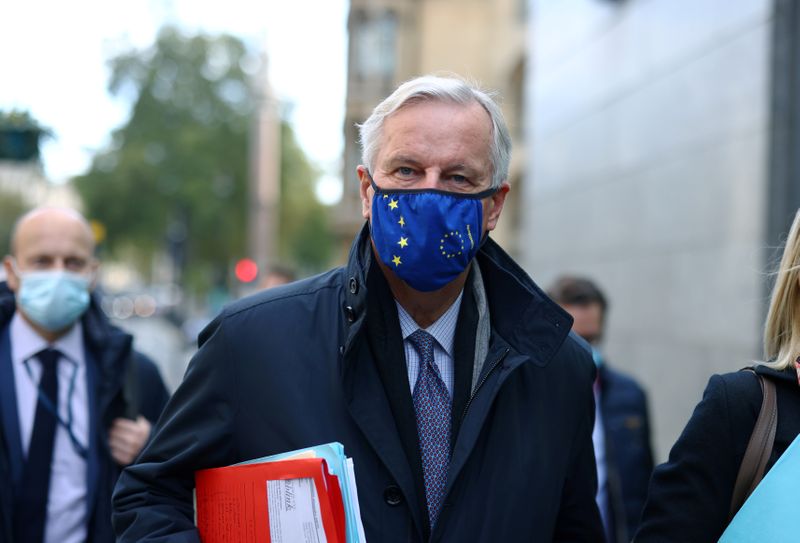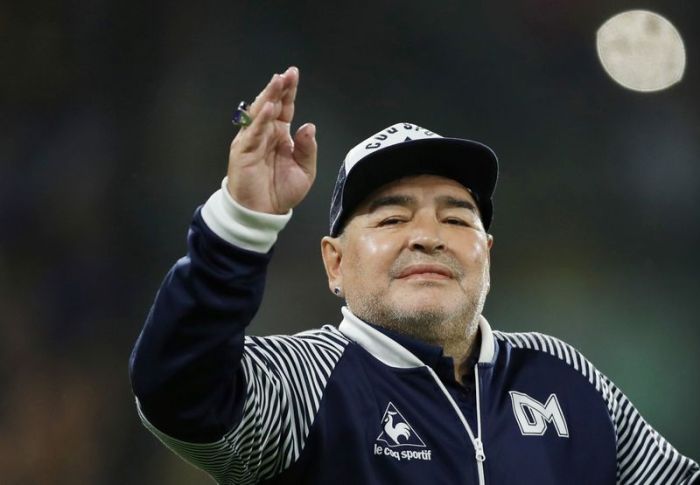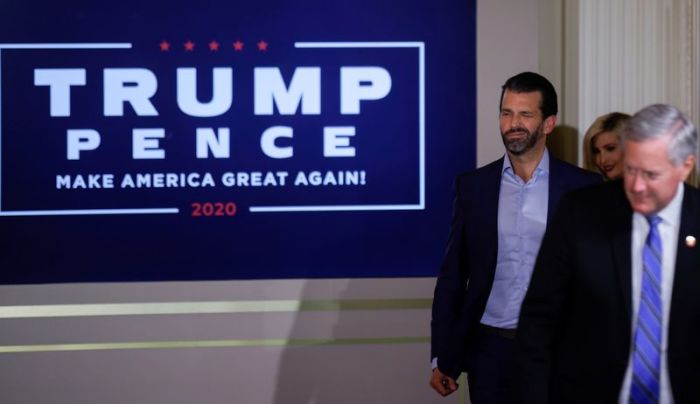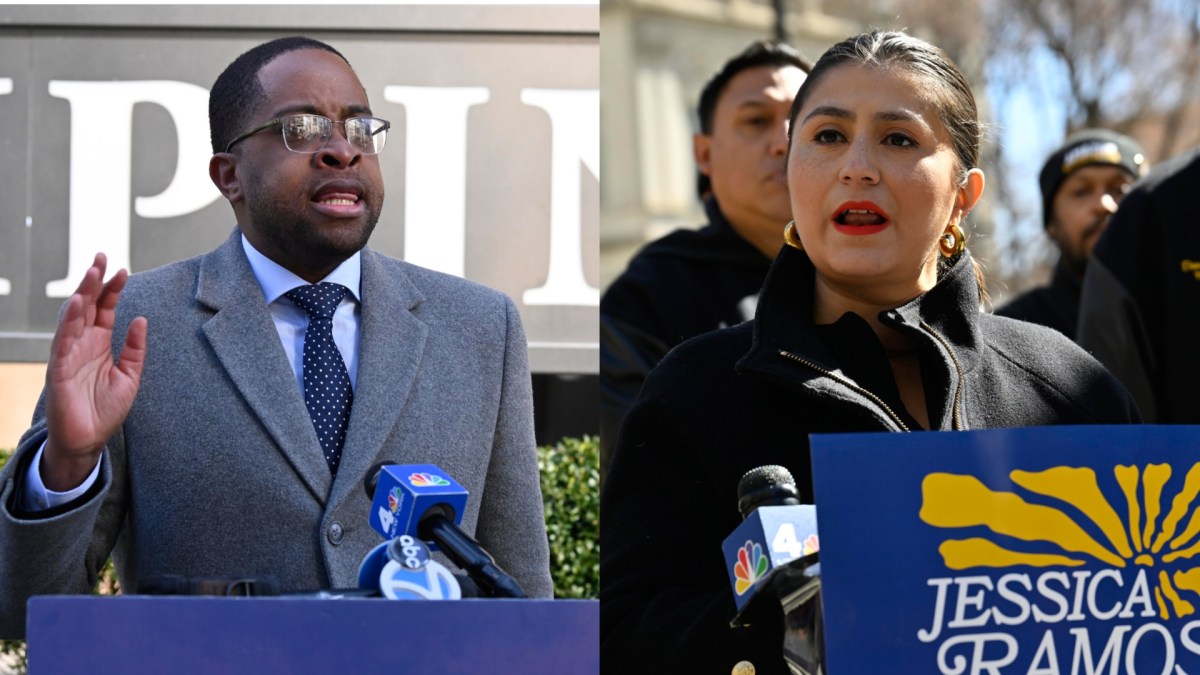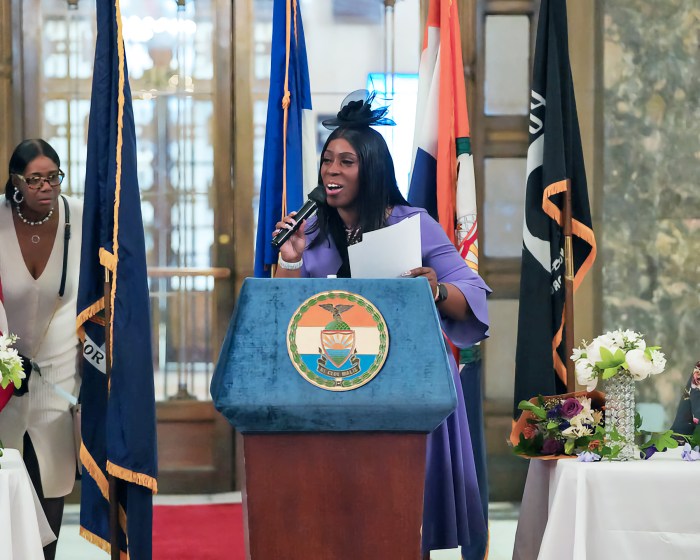BRUSSELS (Reuters) – The European Union’s Brexit negotiator said on Wednesday “very serious divergences” remained in trade talks with Britain and suggested the bloc would rather accept disruptions in commerce in eight weeks’ time than yield on its key demands.
Britain left the EU in January and talks on salvaging a trillion dollars worth of annual free trade between the estranged allies are now in their final stretch before London’s transition out of the bloc completes on Dec. 31.
“Despite EU efforts to find solutions, very serious divergences remain in level playing field, governance & fisheries. These are essential conditions for any economic partnership,” Michel Barnier wrote on Twitter.
“The EU is prepared for all scenarios.”
His UK counterpart, David Frost, agreed that “wide divergences remain on some core issues”.
“We continue to work to find solutions that fully respect UK sovereignty,” he said on Twitter.
The two spoke after two weeks of intensified negotiations failed to yield a breakthrough on the chronic sticking points: fixing new fishing rights, guaranteeing fair-play rules for companies, and agreeing ways to solve any future trade disputes.
During a closed-door briefing with 27 national envoys to EU hub Brussels on Wednesday, Barnier gave no timeline or even any certainty that a trade deal between the bloc and Britain would be clinched by a mid-November deadline, one participant said.
“He was rather uncertain about a deal,” said the senior diplomat who spoke under condition of anonymity.
A senior EU official said there had only been “mild progress” in the negotiations, which will continue via video conferencing and then face-to-face in London next week.
“The UK does not seem to be engaging sufficiently on key issues,” said another EU diplomat. “Given this situation, a no-deal outcome can’t be excluded.”
Should Britain and the EU part ways without a new pact to govern ties on anything from trade to energy to social security, the fallout would aggravate economic malaise on both sides induced by the coronavirus pandemic, now in its second wave.
Another senior EU diplomat told of Barnier’s latest assessment, said: “The mood wasn’t exuberant but it wasn’t despondent either. We’re not in the home straight but we are in the endgame.”
(Reporting by John Chalmers, Jan Strupczewski, Gabriela Baczynska and Philip Blenkinsop in Brussels and William James in London, Writing by Gabriela Baczynska, Editing by Mark Heinrich)

